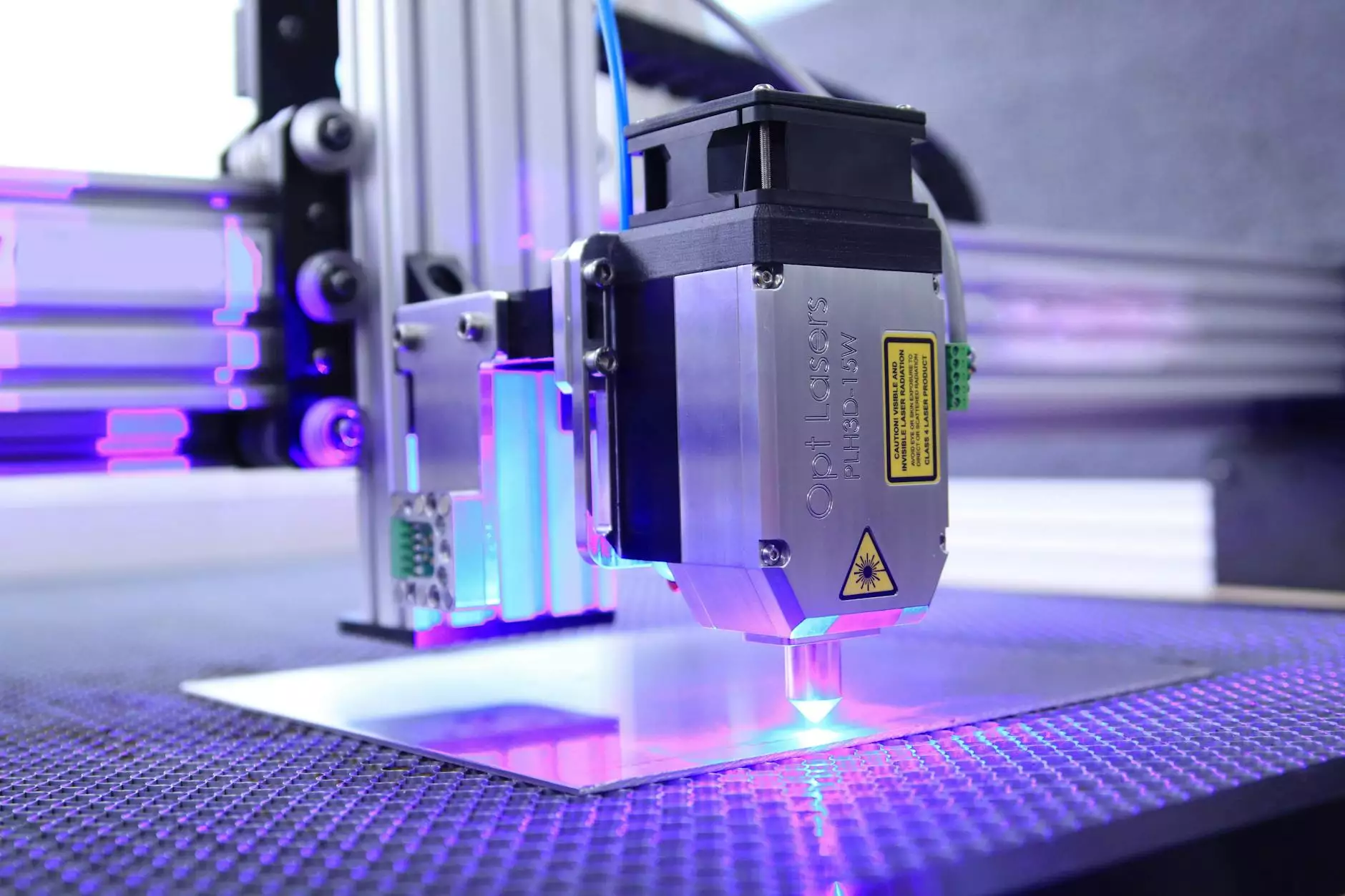Understanding the Role of a Fibroid Removal Specialist

In the world of women's health, the term fibroid removal specialist represents a vital area of expertise that focuses on diagnosing and treating uterine fibroids. Uterine fibroids are non-cancerous growths that typically develop in or on the uterus. For many women, these fibroids can cause significant discomfort and a multitude of health issues, making the role of specialists in this field increasingly important.
What Are Uterine Fibroids?
Uterine fibroids, also known as leiomyomas or myomas, are abnormal growths that arise from the muscular wall of the uterus. They can vary significantly in size, with some being as small as a pea and others growing larger than a melon. Fibroids can be classified into several types based on their location:
- Intramural fibroids: These develop within the uterine wall and are the most common type.
- Subserosal fibroids: These protrude outward from the outer layer of the uterus.
- Submucosal fibroids: These grow just beneath the inner lining of the uterus and can affect menstrual flow.
- Pedunculated fibroids: These are attached to the uterus by a stalk-like structure and can be either subserosal or submucosal.
Symptoms of Uterine Fibroids
Not all women with uterine fibroids experience symptoms, but for those who do, the symptoms can be debilitating. Common symptoms include:
- Heavy menstrual bleeding: This is one of the most common symptoms and can lead to anemia.
- Pelvic pain: Women may experience severe discomfort or a feeling of pressure in the pelvic area.
- Frequent urination: Subserosal fibroids can press against the bladder, causing urgency.
- Difficulty emptying the bladder: If a fibroid grows near the bladder neck, it may lead to incomplete urination.
- Constipation: Large fibroids can press on the rectum, making bowel movements difficult.
- Back pain: Fibroids can lead to discomfort in the lower back, especially if they are large.
The Importance of a Fibroid Removal Specialist
When ruled by persistent symptoms or complications related to fibroids, consulting a fibroid removal specialist becomes essential. These medical professionals have specific training and experience in diagnosing fibroids and recommending suitable treatment options. Here’s why seeing a specialist is important:
Expert Diagnosis
A fibroid removal specialist employs various diagnostic methods, including:
- Ultrasound: This imaging technique uses sound waves to create images of the uterus, helping to detect fibroids' size and location.
- MRI: An MRI can provide detailed images of fibroids and is helpful in complex cases.
- Hysteroscopy: This procedure involves inserting a small camera into the uterus to visualize fibroids directly.
Personalized Treatment Plans
Every woman's experience with fibroids is different. A fibroid removal specialist can formulate personalized treatment plans tailored to the individual’s symptoms, fibroid size, and reproductive goals. Treatment options may include:
Non-Surgical Options
Several non-surgical treatments can alleviate symptoms of fibroids, including:
- Medication: Hormonal treatments can help manage heavy bleeding and pain.
- Uterine Artery Embolization (UAE): This minimally invasive procedure cuts off blood supply to the fibroids, causing them to shrink.
- Magnetic Resonance-guided Focused Ultrasound (MRgFUS): This non-invasive procedure destroys fibroids using ultrasound waves.
Surgical Options
If fibroids cause severe symptoms or complications, surgical options may be necessary. Some common surgical procedures performed by a fibroid removal specialist include:
- Myomectomy: This surgery involves the removal of fibroids while preserving the uterus, ideal for women who wish to maintain fertility.
- Hysterectomy: The complete removal of the uterus, which eliminates the possibility of fibroids recurring, is a more definitive solution usually considered for women who do not plan to become pregnant.
Benefits of Seeking Treatment from a Specialist
Choosing a fibroid removal specialist provides numerous benefits:
- Access to Advanced Techniques: Specialists stay updated with the latest techniques and technologies in fibroid treatment.
- Comprehensive Care: They offer a holistic approach that considers overall health and well-being.
- Support and Guidance: Specialists guide patients through decision-making processes, ensuring informed choices.
What to Expect During Your Visit
During your initial consultation with a fibroid removal specialist, expect a thorough evaluation. The typical visit may include:
- A detailed medical history review and discussion of symptoms.
- Physical examination and potentially imaging tests.
- A discussion of treatment options tailored to your individual needs.
Living with Fibroids: Lifestyle Adjustments
While seeking treatment is essential, making certain lifestyle adjustments can also be beneficial in managing fibroid symptoms:
Dietary Changes
Incorporating a healthy, balanced diet rich in fruits, vegetables, and whole grains can lead to an overall improvement in health and help manage symptoms. Consider the following:
- Limit red meat consumption: Studies suggest that high red meat intake may be linked to fibroid growth.
- Maintain a healthy weight: Managing body weight can help balance hormones, which might influence fibroid development.
- Consider supplements: Some women find relief by adding certain vitamins and minerals such as Vitamin D, Omega-3 fatty acids, and Calcium.
Stress Management
Stress can exacerbate many symptoms related to fibroids. Effective stress management techniques such as yoga, meditation, and deep-breathing exercises can be incredibly valuable.
When to Seek Help
Treating uterine fibroids is essential for maintaining overall health. However, it becomes even more crucial to seek assistance from a fibroid removal specialist if you experience:
- Severe and prolonged menstrual pain.
- Heavy bleeding that soaks through one or more tampons or pads every hour for several consecutive hours.
- Fatigue or shortness of breath, which could indicate anemia.
- Pelvic pain that persists or worsens over time.
Conclusion
In conclusion, the expertise of a fibroid removal specialist is invaluable in managing and treating uterine fibroids. Understanding your condition, recognizing symptoms, and seeking timely medical attention can dramatically improve your quality of life. By working closely with a specialist, you can explore a variety of options suited to your personal health needs and ultimately regain control over your health.
To learn more about fibroid treatments and specialists in your area, visit drseckin.com for comprehensive resources and guidance.









